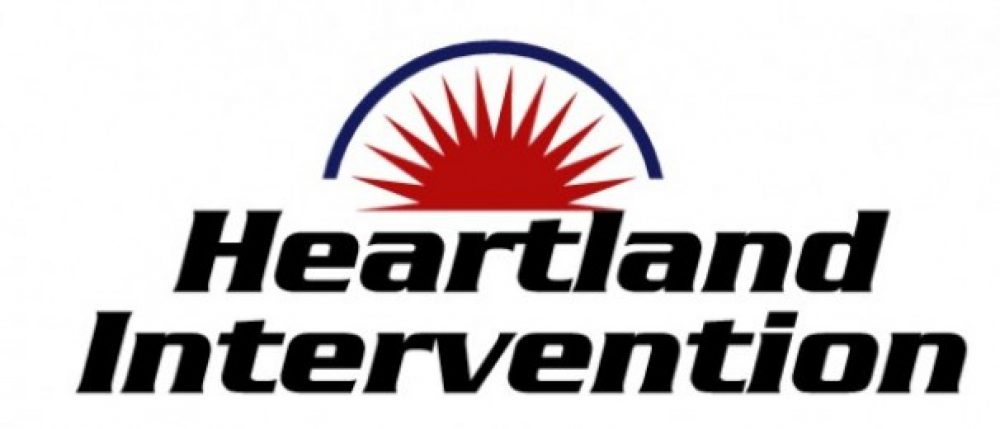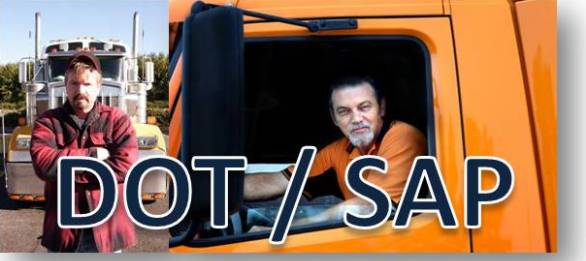Testing Rate Increases in 2020
The FMCSA announced recently that they have increased the drug testing rates for employees in safety-sensitive duty. Truck drivers and others covered by the rule will likely be subject to an increased number of random drug screens in 2020. The alcohol rate remains at 10%.
According to a document published in the Federal Register on Dec. 27, the agency is increasing the minimum annual percentage rate for random drug testing from 25% of the average number of driver positions to 50% of the average number of driver positions. This change will take effect Jan. 1, 2020.
Who is Impacted?
For reference, FMCSA estimates there are 3.2 million commercial driver license holders participating in interstate commerce and 1 million CDL holders. Under the annual random testing rate of 25% of all driving positions, this meant at least 1.05 million random controlled substances tests were to be conducted. With a testing rate of 50%, approximately 2.1 million random tests will need to be conducted in 2020.
DOT Return to Duty Changes
Employees who don’t pass those screens will be subject to the DOT Return to Duty Process as outlined in CFR Part 40. Aside from the addition of the Clearinghouse in 2020- that process remains largely the same. Our friends at ITI have included this in their announcement this week.
DOT/SAP Services from Heartland Intervention
Heartland Intervention, LLC is the leading provider of Substance Abuse Professional services in the area. Scott J. Watson is a qualified DOT/SAP with many years of experience. He is registered in the FMCSA Clearinghouse and ready to assist you.
These changes can be confusing for drivers and companies alike. For more info, click HERE. If you have questions or would like to schedule an appointment with Scott- call 317-752-8811.

